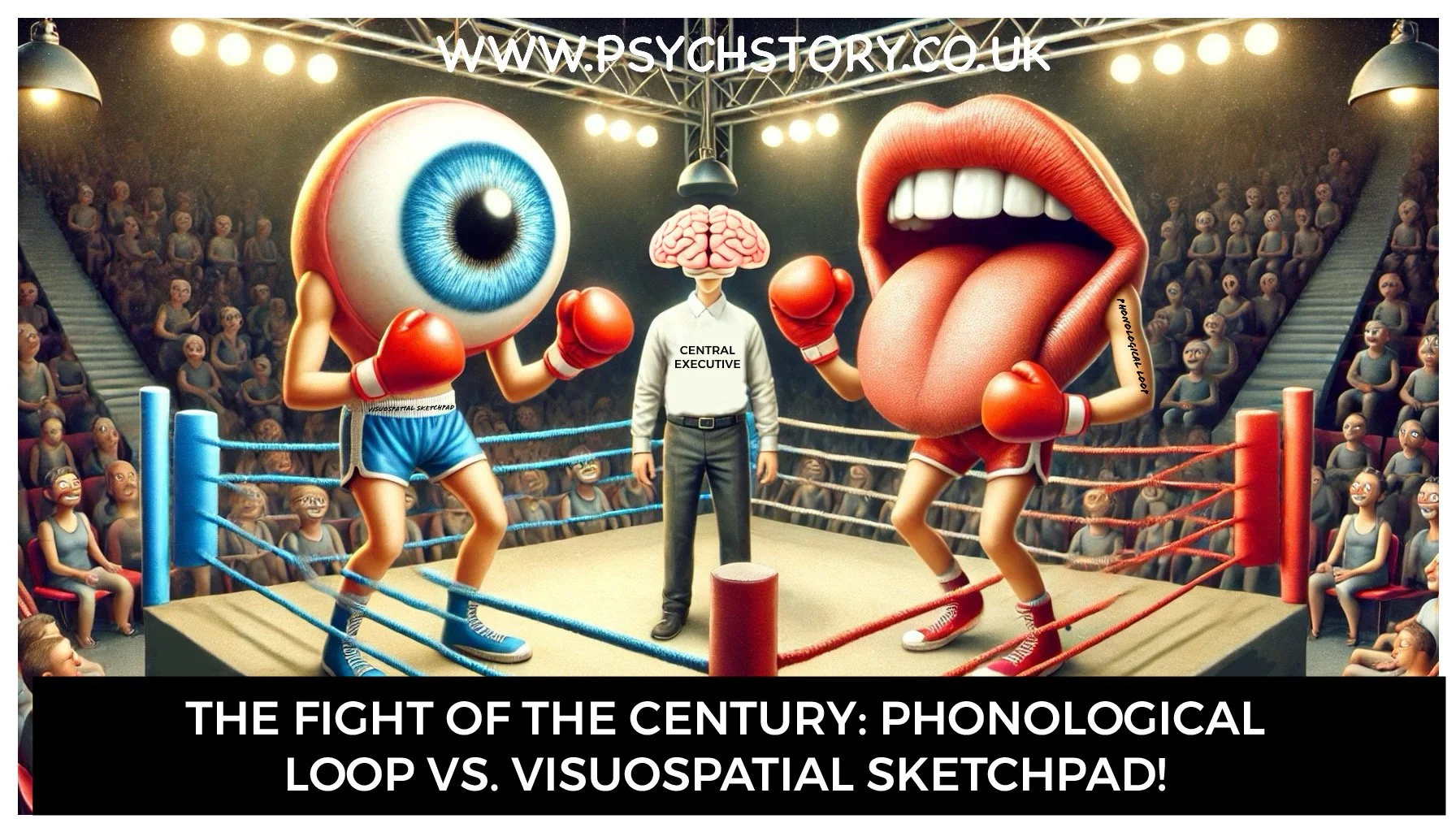MEMORY A’LEVEL
This section covers everything AQA expects you to know about assessing memory, including how psychologists measure capacity, duration and coding in different memory stores. It explains key studies such as Baddeley’s research on coding, Jacobs and Miller on capacity, and Peterson and Peterson on duration. You will also learn how these findings support or challenge the multi store model and how to apply them effectively in exam essays.
Clear examples, practice questions and model answers are provided to help you write high scoring AO1, AO2 and AO3 responses in line with AQA marking requirem
RECONSTRUCTIVE MEMORIES AND SCHEMAS
Explore Reconstructive Memory and Schema Theory, focusing on Bartlett’s War of the Ghosts study. Learn how schemas—mental frameworks shaped by experience—influence memory recall, leading to distortions, omissions, and rationalisations when recalling unfamiliar information.
CLASSIC STUDY: BADDELEY THE INFLUENCE OF ACOUSTIC AND SEMANTIC SIMILARITY
BADDLEY’S CLASSIC STUDY ON ENCODING IN WORKING MEMORY AND LONG TERM MEMORY.
TYPES OF MEMORY AND FEATURES OF EACH MEMORY STORE
Discover Memory: Explore capacity, duration, and encoding across different memory stores. Understand how sensory memory, short-term memory (STM), and long-term memory (LTM) function, including their limitations and role in processing information. Learn about key research shaping our understanding of memory systems.
THE MULTISTORE MODEL OF MEMORY
Explore Atkinson and Shiffrin’s Multi-Store Model of Memory (MSM)—a foundational theory in cognitive psychology. Learn how sensory memory, short-term memory (STM), and long-term memory (LTM) interact through processes like attention and rehearsal. Discover key research supporting and challenging this model.
LONG TERM MEMORY
Explore the different types of long-term memory, including episodic memory, which involves personal experiences and events, and semantic memory, which stores general knowledge and facts. Procedural memory, a form of non-declarative memory, allows for the learning and performing skills without conscious effort. Research, including studies by Tulving, has provided evidence for these distinctions in memory function.
THE WORKING MODEL OF MEMORY
Discover Baddeley and Hitch’s Working Memory Model, which explains short-term memory as a dynamic system with multiple components. Learn about the central executive, responsible for attention control; the phonological loop, which processes verbal information; the visuospatial sketchpad, which handles visual and spatial data; and the episodic buffer, which integrates information from different sources.
THEORIES OF FORGETTING Memory, is the thing we forget with
Explore the different explanations for forgetting, including proactive and retroactive interference, retrieval failure due to the absence of cues, and decay theory. Understand how memory traces fade over time, the impact of competing information, and how contextual and state-dependent cues play a role in retrieval.
EYE WITNESS TESTIMONY AND RECONTRUCTIVE MEMORY
Explore the fascinating research by Elizabeth Loftus on eyewitness testimony and how it can be distorted by misleading questions, post-event discussion, and anxiety. Learn how memory isn't always as reliable as we think and the implications this has for the criminal justice system.
THE COGNITIVE INTERVIEW
Discover how the Cognitive Interview technique improves the accuracy of eyewitness testimony by enhancing memory recall. Learn about key components such as reporting everything, context reinstatement, changing perspective, and reversing the order, and how these strategies help reduce the effects of misleading information and anxiety on memory.
COGNITIVE PROCESSING IN THE REAL WORLD
Explore cognitive processing in the real world, examining how memory, perception, and decision-making influence everyday activities. From eyewitness testimony to problem-solving and multitasking, discover how cognitive psychology applies to real-world scenarios and impacts behaviour.














